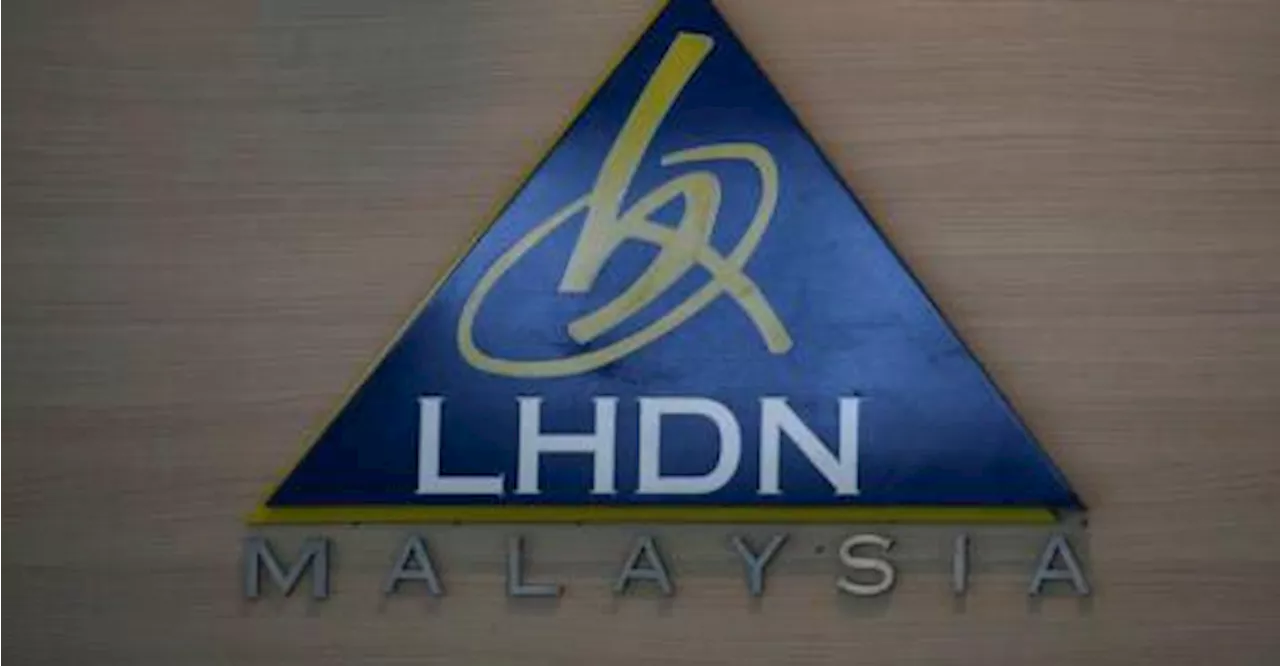The United States has implemented new export control measures targeting artificial intelligence (AI) chips, aiming to limit access for China and other competitors. This move has ignited a global debate, with China denouncing it as a violation of international trade rules and the US chip industry expressing concerns about its potential impact on American competitiveness.
The United States announced new export regulations on Monday targeting artificial intelligence (AI) chips, aiming to restrict China and other adversaries' access to this advanced technology. These restrictions, implemented during President Joe Biden's final days in office, sparked immediate backlash from Beijing and raised concerns within the US chip industry and the European Union.
The Commerce Department justified the move, emphasizing the US's leading role in AI development and chip design, stating it's crucial to maintain this dominance. Under the new rules, exports, re-exports, and in-country transfers of these chips require authorizations, while exceptions are granted to countries deemed friendly to the US. Furthermore, AI data centers will face stringent security requirements to import these chips.China's Commerce Ministry condemned the policy as a blatant violation of international trade rules, vowing to resolutely defend its interests. The European Union expressed concern about the US measures, asserting that Europe does not pose a security threat. The US chip industry criticized the sudden implementation of these sweeping changes, warning that they could harm US competitiveness and cede key markets to rivals. Companies like Nvidia and the Semiconductor Industry Association argued that the rules would damage the US economy and global standing, while offering little to enhance national security. They urged for industry consultation and a more nuanced approach.OpenAI, a leading AI research organization, suggested that the US government should foster the growth of the AI industry and responsibly export cutting-edge models to allies and partners to help them build their own AI ecosystems. However, the White House defended the new rules, claiming they would impede strategic competitors from circumventing export controls through smuggling or remote access and incentivize friendly nations to use trustworthy vendors for advanced AI. The rules will take effect in 120 days, allowing President-elect Trump's incoming administration to potentially adjust them. Some experts cautioned that delaying implementation could risk China stockpiling US hardware.The Computer & Communications Industry Association voiced apprehension that the rule would hinder US companies from deploying advanced semiconductors in data centers abroad. Nvidia, while acknowledging the need for national security considerations, argued that past experience showed that the US thrives through innovation, competition, and sharing technologies, not by retreating behind government overreach. The Information Technology and Innovation Foundation warned that pressuring countries to choose between Washington and Beijing could alienate partners and strengthen China's position in global AI, potentially leading countries to prioritize uninterrupted access to vital AI technologies for their economic growth.
AI Chips Export Controls China US Trade Restrictions National Security Global Competition
Malaysia Latest News, Malaysia Headlines
Similar News:You can also read news stories similar to this one that we have collected from other news sources.
 Malaysia Implements Traffic Dispersal Measures for Christmas and New Year HolidaysThe Royal Malaysia Police (PDRM) will deploy 2,752 personnel to manage traffic congestion during the Christmas and New Year holiday period.
Malaysia Implements Traffic Dispersal Measures for Christmas and New Year HolidaysThe Royal Malaysia Police (PDRM) will deploy 2,752 personnel to manage traffic congestion during the Christmas and New Year holiday period.
Read more »
 US announces new restrictions on AI chip exportsThe United States on Monday unveiled new export rules on advanced computing chips used for artificial intelligence.
US announces new restrictions on AI chip exportsThe United States on Monday unveiled new export rules on advanced computing chips used for artificial intelligence.
Read more »
 IRB Implements Electronic Payment System for Section 107D Tax DeductionsThe Inland Revenue Board (IRB) of Malaysia will require taxpayers to submit payment information for Section 107D tax deductions electronically starting tomorrow. This move aims to streamline tax payments and replace the previous manual submission process. Payments can be made through the ByrHASiL platform or via FPX. The IRB has also suspended certain manual tax payments at the Kuala Lumpur Revenue Management Centre (PPTHKL), including Real Property Gains Tax.
IRB Implements Electronic Payment System for Section 107D Tax DeductionsThe Inland Revenue Board (IRB) of Malaysia will require taxpayers to submit payment information for Section 107D tax deductions electronically starting tomorrow. This move aims to streamline tax payments and replace the previous manual submission process. Payments can be made through the ByrHASiL platform or via FPX. The IRB has also suspended certain manual tax payments at the Kuala Lumpur Revenue Management Centre (PPTHKL), including Real Property Gains Tax.
Read more »
 Kelantan Implements Real-Time Monitoring System for State PortfolioThe Kelantan government has launched a real-time monitoring system called i-SPARK to track the implementation of its state portfolio for 2024-2028. The system, developed by the Information Technology Development Division (BPTM) of the Kelantan State Secretariat (SUK) and Kelantan ICT Gateway Sdn. Bhd., will ensure transparency, efficiency, and synergy among various departments. Additionally, the state government has extended a 90% discount on land tax arrears, originally set to expire on December 30, 2022, until March 31, 2023, reflecting its commitment to understanding the needs of the people. The 2025 Kelantan Budget aims to collect 100% land revenue, emphasizing the enforcement of state revenue collection without compromising the sustainability of the state's natural resources. The state maintains a 51% forest cover, and the recent amendment to the National Forestry Enactment (Application 1985) at the Kelantan State Legislative Assembly (DUN) aims to enhance oversight of forestry activities, including carbon sequestration.
Kelantan Implements Real-Time Monitoring System for State PortfolioThe Kelantan government has launched a real-time monitoring system called i-SPARK to track the implementation of its state portfolio for 2024-2028. The system, developed by the Information Technology Development Division (BPTM) of the Kelantan State Secretariat (SUK) and Kelantan ICT Gateway Sdn. Bhd., will ensure transparency, efficiency, and synergy among various departments. Additionally, the state government has extended a 90% discount on land tax arrears, originally set to expire on December 30, 2022, until March 31, 2023, reflecting its commitment to understanding the needs of the people. The 2025 Kelantan Budget aims to collect 100% land revenue, emphasizing the enforcement of state revenue collection without compromising the sustainability of the state's natural resources. The state maintains a 51% forest cover, and the recent amendment to the National Forestry Enactment (Application 1985) at the Kelantan State Legislative Assembly (DUN) aims to enhance oversight of forestry activities, including carbon sequestration.
Read more »
 PPUM Implements Phased Fee IncreaseThe University Malaya Medical Centre (PPUM) has started implementing new fees in phases since September last year, with the cost of appointments and consultations increasing from RM15 to RM30. The new fees aim to strengthen the delivery of services to patients and are in line with the changes in costs, particularly for consumable supplies and equipment. PPUM assures that the fee review does not contradict government policies and that it continues to offer treatment services to the public.
PPUM Implements Phased Fee IncreaseThe University Malaya Medical Centre (PPUM) has started implementing new fees in phases since September last year, with the cost of appointments and consultations increasing from RM15 to RM30. The new fees aim to strengthen the delivery of services to patients and are in line with the changes in costs, particularly for consumable supplies and equipment. PPUM assures that the fee review does not contradict government policies and that it continues to offer treatment services to the public.
Read more »
 Malaysia Implements QR Code System for Streamlined Immigration ChecksThe Malaysian government has launched a trial of a QR code system at Kuala Lumpur International Airport (KLIA) to expedite immigration checks for Malaysian citizens. This initiative aims to reduce congestion and processing time at entry points.
Malaysia Implements QR Code System for Streamlined Immigration ChecksThe Malaysian government has launched a trial of a QR code system at Kuala Lumpur International Airport (KLIA) to expedite immigration checks for Malaysian citizens. This initiative aims to reduce congestion and processing time at entry points.
Read more »
